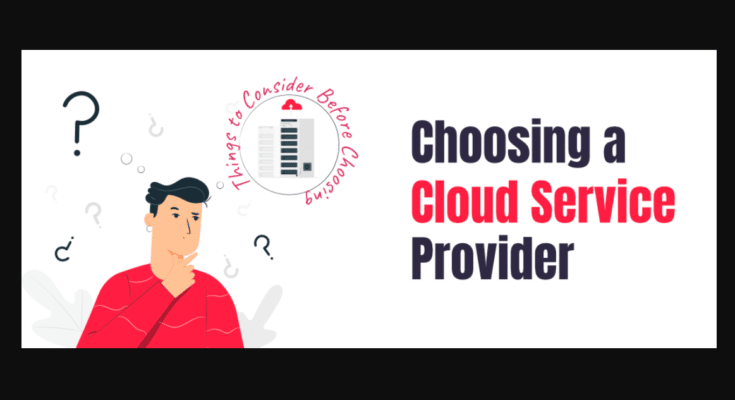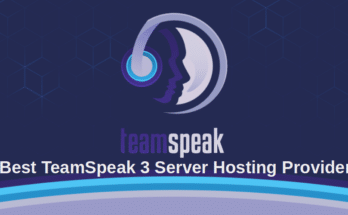The need for computing infrastructure has skyrocketed with the development of cutting-edge technologies like artificial intelligence (AI), machine learning (ML), and the internet of things (IoT).
So, cloud services have become a practical response to meeting this growing demand. Cloud hosting, which is incredibly scalable, versatile, and practical, assists businesses with storage, processing, and transfer of enormous amounts of data and applications.
Today, we are going to give you some pointers to help you when researching for a good cloud hosting provider.
Needs and resources
To begin with, don’t switch hostings just because every other company is doing it. Be certain of your goals for the move to the cloud before hopping on the cloud bandwagon.
These days, cloud solutions meet a variety of corporate needs. You can start by purchasing a basic cloud system which involves (G-suite), cloud storage service (Dropbox), or customer relationship management (CRM) software.
You will grasp cloud computing better with the aid of such technologies. You can transition to cutting-edge cloud solutions as your company expands and your needs are demanding a more sophisticated solution.
Cost
Many companies migrate to the cloud because they believe it is much more cost-effective to use cloud server hosting rather than purchasing, installing, and maintaining physical servers at their premises.
Keep in mind, cloud services often operate on a “pay-as-you-go” model with no upfront costs. It implies that the client will only be charged for resources used. The efficient use of computing resources is another benefit of such a pricing structure.
Also, depending on the plan you choose, pricing varies widely amongst providers. So, it is best to have a certain budget and look for a provider that will allow you to stay within that budget.
Data centers
We all know that the cloud is not an intangible location. All your data is physically stored by cloud service providers, typically in data centers. It is essential that you thoroughly evaluate various data centers before committing to a plan.
Your data should be housed in data centers with strong physical security and safety protocols. The data center facility should be built to withstand a variety of physical problems, including theft, industrial accidents, and natural disasters.
Biometric access, CCTV monitoring, monitored alarms, fire protection, and security officers at all key locations ought to be included. Additionally, a system should be in place to monitor network activity within the building to stop any unwanted intrusion.
Security
Setting security measures in place in order to safeguard sensitive data is top priority. If needed, make specific safety inquiries that concern your company and sector.
Make sure you review the provider’s security, privacy, and data management policies. Find out if the hosting provider provides the following: multi factor user authentication, firewall, anti-malware, and regular security audits. As well as if they have specific safety measures and protocols in place in case of a cyber attack.
Here are some security related questions to look over before choosing a provider:
- Does the provider use reliable data encryption technology?
- Is your data backed up and how?
- Who can access your data?
- How are you protected in case of data loss?
- What redundancies is the provider using to lessen the chance of data loss?
- Does the provider have a catastrophe recovery plan that is well-documented?
Service Level Agreement
Your cloud service provider and you will enter into a service-level agreement (SLA) that will outline the service they are expected to offer and the standards they must satisfy.
Unambiguous language should be used in the service level agreement. The roles and duties associated with the creation, administration, delivery, and supporting of cloud services should be made extremely clear. It should also state how you and the provider will divide these responsibilities.
Also, the SLA should specify who is responsible for managing the issues, how they will be handled, and by when.
Conclusion
Cloud technology can be extremely important for a company. The cloud can help any company have an efficient collaboration between coworkers and outside parties, all while being protected. Cloud hosting providers can be essential in gatekeeping any critical company data. For this reason, one should always try to find the best provider available.




